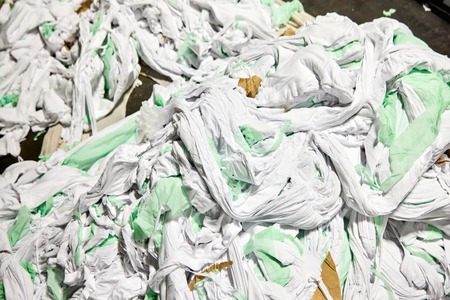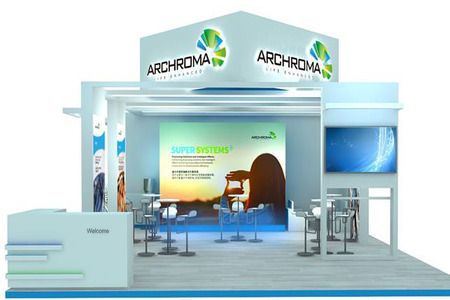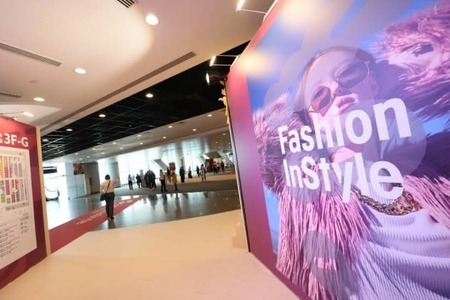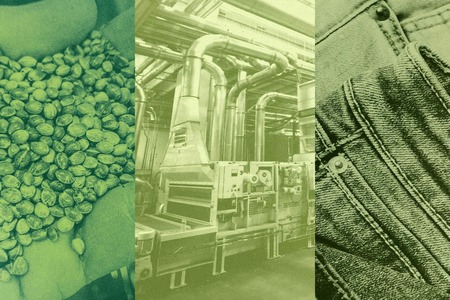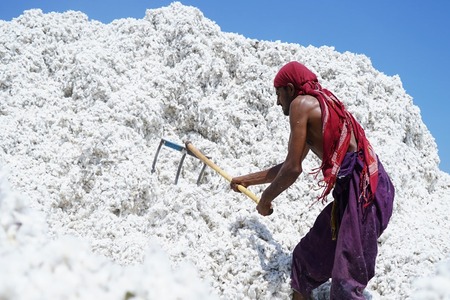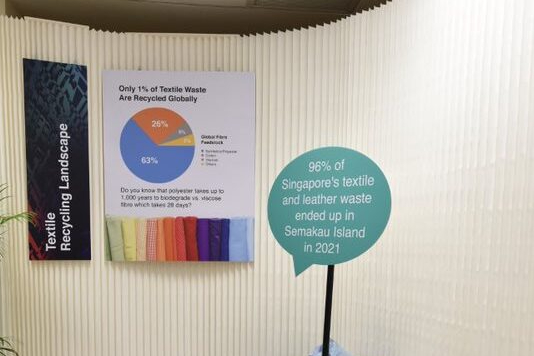
RGE is developing closed-loop textile-to-textile recycling solutions
YarnsandFibers News Bureau 2022-09-05 06:35:00 – SingaporeSingapore-based viscose giant Royal Golden Eagle (RGE) is creating what it says are the first-of-their-kind closed-loop textile-to-textile recycling solutions, to speed up innovation in textile recycling that CAN be used in urban environments.
Through the recently established RGE-NTU Sustainable Textile Research Center, RGE is creating the solutions (RGE-NTU SusTex). RGE and Nanyang Technological University in Singapore are working together on this research project for five years (NTU). The research center will generate new eco-friendly and sustainable textiles by developing innovative ways to convert textile waste into fiber.
The goal is to overcome the inadequacies of present textile recycling methods, which are unsuited for urban settings owing to the usage of heavy chemicals, and handle the "immense" textile waste created in urban areas as a result of waste material import prohibitions.
According to Perry Lim, executive director of RGE, said that environmental regulations prevent the use of current textile recycling methods, which rely largely on a bleaching and separation process utilizing heavy chemicals. The pressing need to keep textiles out of the overflowing landfills is there at the same time. They strive to accelerate closed-loop, textile-to-textile recycling as the largest manufacturer of viscose in the world by creating the best urban-fit solutions that can move society closer to a circular textile economy.
The majority of the textile recycling methods now in use, according to RGE, are open-loop systems in which textile waste is generally downcycled into lower-quality products (insulating materials, cleaning cloths, etc.) or utilized in waste-to-heat recycling.
Lim adds that the development of closed-loop chemical recycling techniques for textiles, in particular, is ongoing. The technologies still need to be scaled up to an industrial level. The requirement for feedstock purity criteria for recycling textile waste into fiber is a major barrier. However, the majority of the clothing we wear is a complicated blend of synthetic and natural fibers, making it difficult to separate the ingredients for efficient recycling. Their goal is to find practical solutions that can be scaled up throughout their worldwide operations and that utilize less energy, fewer chemicals, and create less harmful effluents in order to address this industry's pain point.
RGE-NTU SusTex is looking into four key research areas to address the major challenges in closed-loop textile recycling: cleaner and more energy-efficient methods of recycling into new raw materials, automated sorting of textile waste, eco-friendly dye removal, and development of a new class of sustainable textiles that are durable for wear while also favoring simpler recycling.
Market Intelligence
Ask for free sample Report

experience
Customer Base
dedicated team
Countries Served Worldwide



